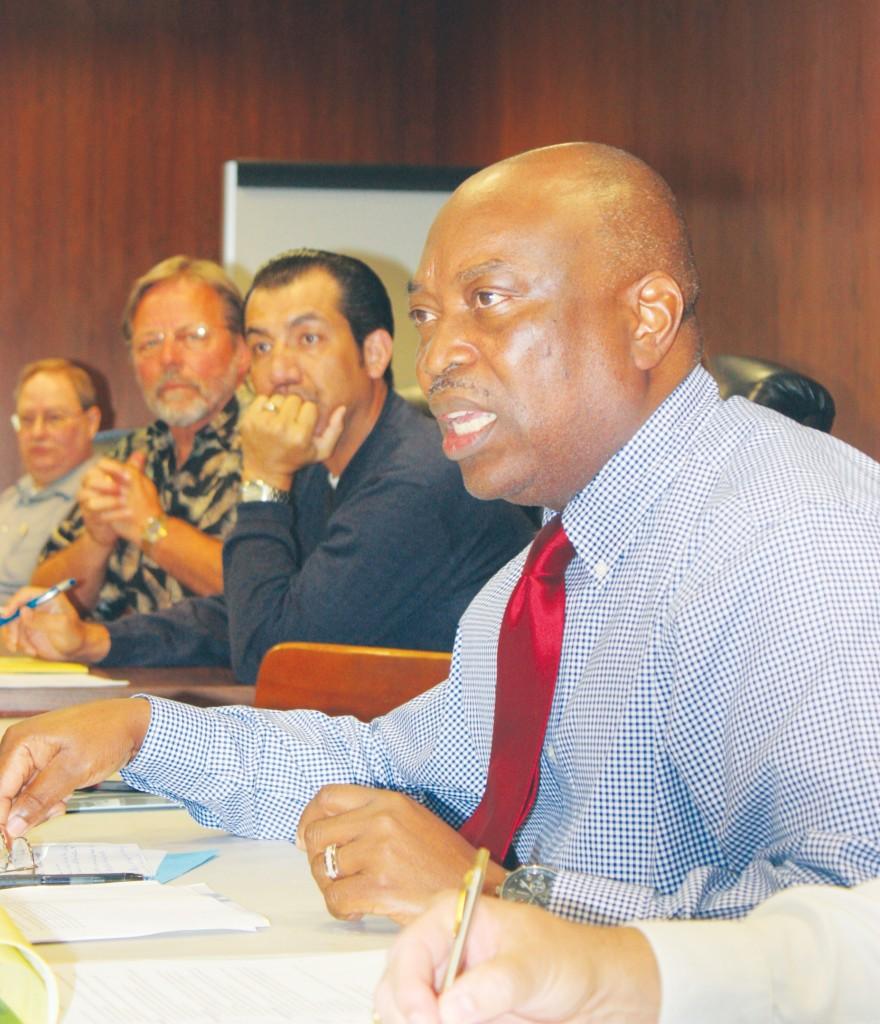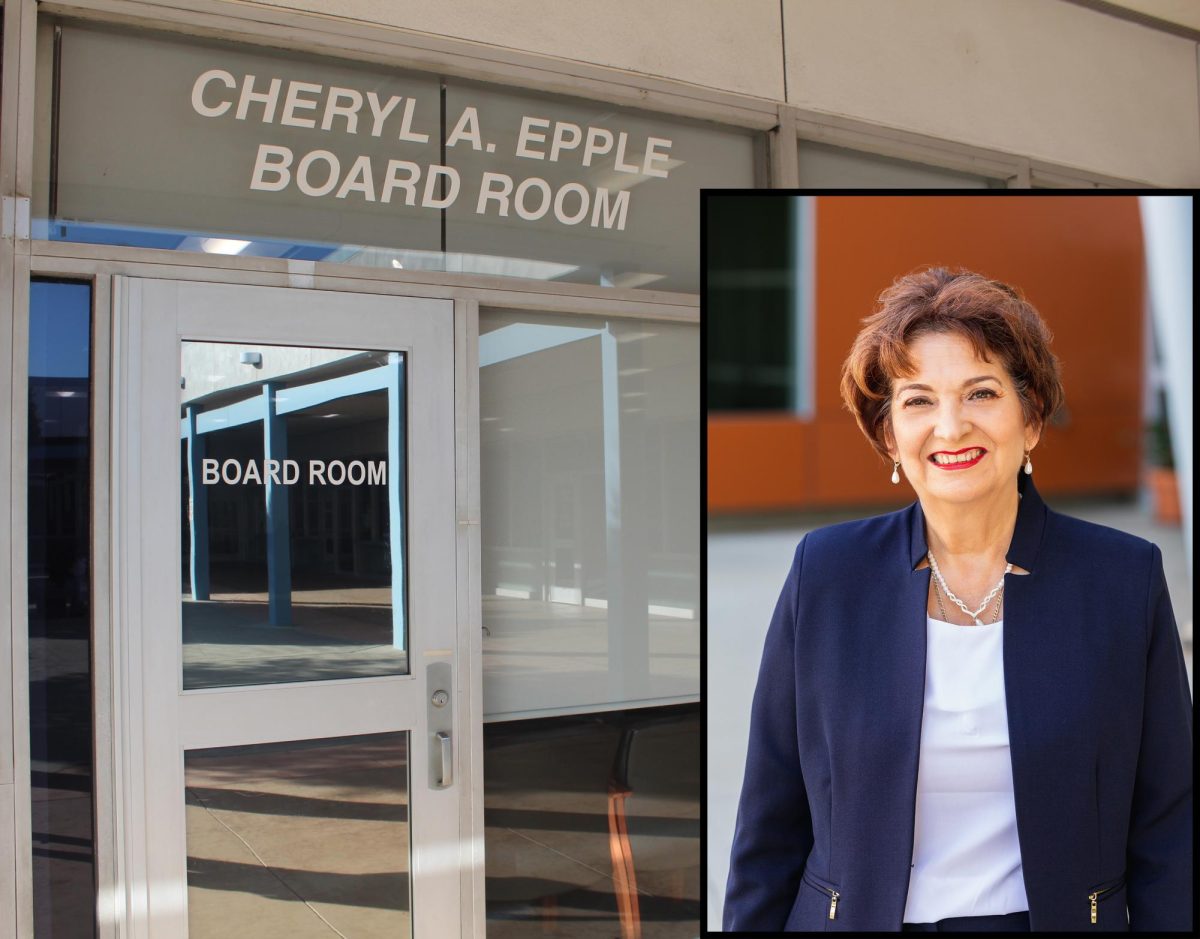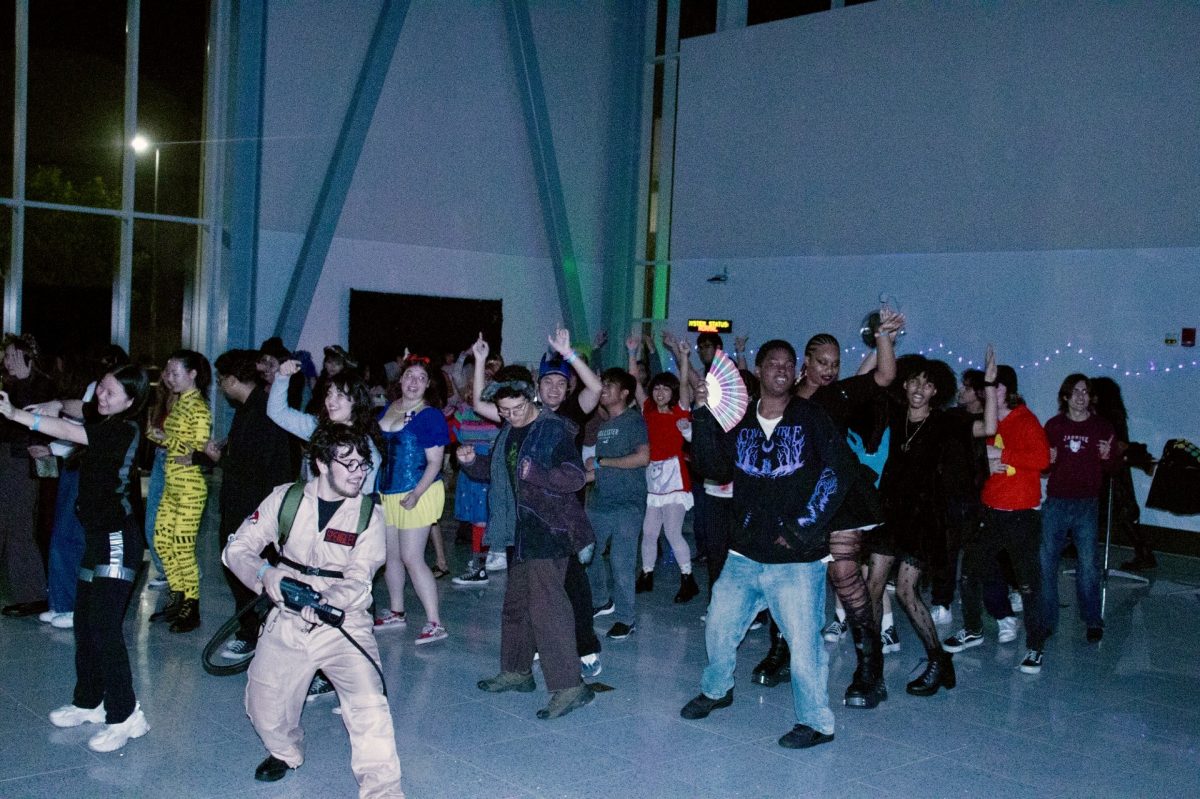“You guys are nothing but a bunch of whiners.”
These were the words uttered by English professor Tim Juntilla at the Oct. 26 Faculty Senate meeting directed toward members of the Humanities and Social Sciences Division following a heated discussion.
The discussion was on the topic of Cerritos College’s reorganization plan, in which a new dean of student success will be created, thus leading to the merging of both the Humanities and Social Sciences and Business Divisions. This plan will move current Dean of Humanities and Social Sciences Bryan Reece to the new position and leaving Business Division Dean Rachel Mason in charge of the new unified division.
However, according to Political Science professor Victor Obasohan, the problem the HSS division has is in the process in which the move was made, not the end product.
“Our division has never been opposed to student success. If this issue was brought to the senate in the first place, if there was no secrecy involved and if there was transparency, we wouldn’t be wasting our time today [Oct. 26],” Obasohan said.
In regard to the issue of transparency, Cerritos College President Linda Lacy said, “When I approached both the Business and Humanities/Social Sciences Divisions, I approached them and said, ‘Let’s have open dialogue. Do you have any solutions?'” Lacy said.
She went on to say, “This was brought forward by faculty. They came to me and said, ‘Can you help us implement this plan?’ and I said, ‘Okay.'”
She later mentions that during she, along with other faculty members and classified employees, met during the summer and discussed the plan.
History professor Walter Fernandez felt that faculty actually had a minimal role in the decision-making of the plan.
“The tone that was sent by the President’s Office in terms of openness was that according to this list [list of people who were consulted by Lacy], the faculty members are someplace toward the bottom,” Fernandez said.
He also mentioned that the way he and his fellow faculty members received word of the plan’s discussion was through an email invitation from Administrative Secretary Cheryl Thury, in which it did not include a chance for faculty to give suggestions.
He said, “We didn’t have the opportunity, nor was there an intention, to get us to speak about these things or to get us to discuss these items.”
The moment in the senate meeting that increased the level of conflict came a bout when a comment was made by Juntilla, claiming that the discussion of the faculty members’ concerns was a waste of time.
“The process problem that we’re addressing doesn’t seem to be a very productive time of the senate, ” Juntilla said, later saying that the senate’s time should be more focused on what he called, “the nuts and bolts” of the plan.
He also said that he felt that the discussion on the process would only lead to more hurt feelings and that he wanted to see the discussion lead into the details of the plan.
Upon hearing Juntilla’s comments, Obasohan rebutted, “When you merge two divisions, aren’t there some academic concerns from both sides? Does this institution have a responsibility to talk about it?
“We waited for a long time to talk about it, and now some of you pretend to say, ‘We are wasting time, we should move on,’ the process is key!”
Following the meeting, Reece compared the style of the discussion to topics he speaks about in his political science classes.
He said, “We often talk in political science about big policy issues like abortion, the PATRIOT Act or same-sex marriage, and the thing that makes these issues so difficult is that both sides are right. Here we have one of those issues play out.
“We want an open process. This is something that is valued by an academic community like this.”








